Ikaria is a mountainous island in Greece, in the northeastern Aegean Sea. On this island, one-third of the population is over 90 in 2017, a feature found only in the famous Blue Zones (including, in addition to Ikaria, Sardinia, a mountainous region of Costa Rica, the island of Okinawa in Japan and Loma Linda in California).
In Ikaria, the inhabitants less cancer, cardiovascular disease and diabetes than in most other parts of the world.
The cancer rate is 20 % lower than the world average, the heart disease rate is 50 % lower than elsewhere, and there are four times fewer cases of senile dementia than in Western countries.
This prompted a team of scientists led by Dr. Christina Chrysohoou to study in 2009 the diet and lifestyle of hundreds of islanders.
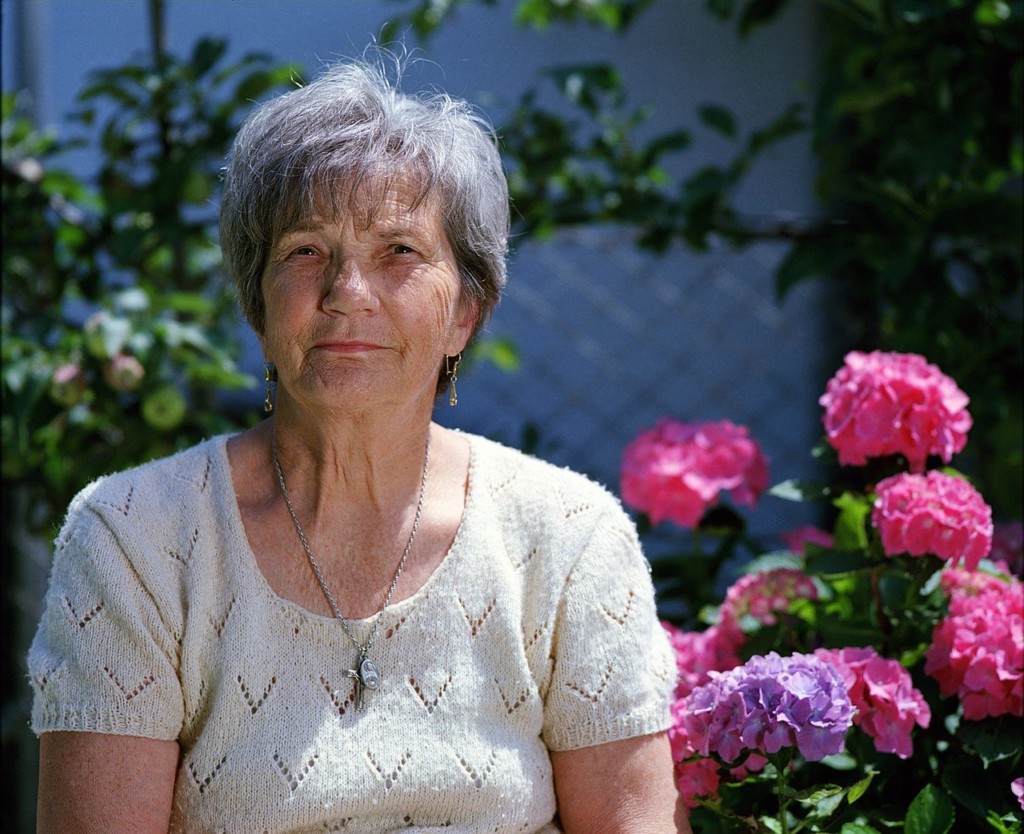
And the study of their lifestyles has yielded several insights. Let's start with feedingand we will see at the end of this chapter how the lifestyle could influence the psychic balance of its inhabitants.
This content is part of the guide Blooness, the guide to the ideal human diet, the summary of which you can find here 🌱🥑
Note: this article is one of the chapters in the Blooness feeding guidea guide to the ingredients of the ideal diet for humankind.
Vegetables
Ikarians mainly consume vegetables greens. In second place are squashand possibly potatoes.
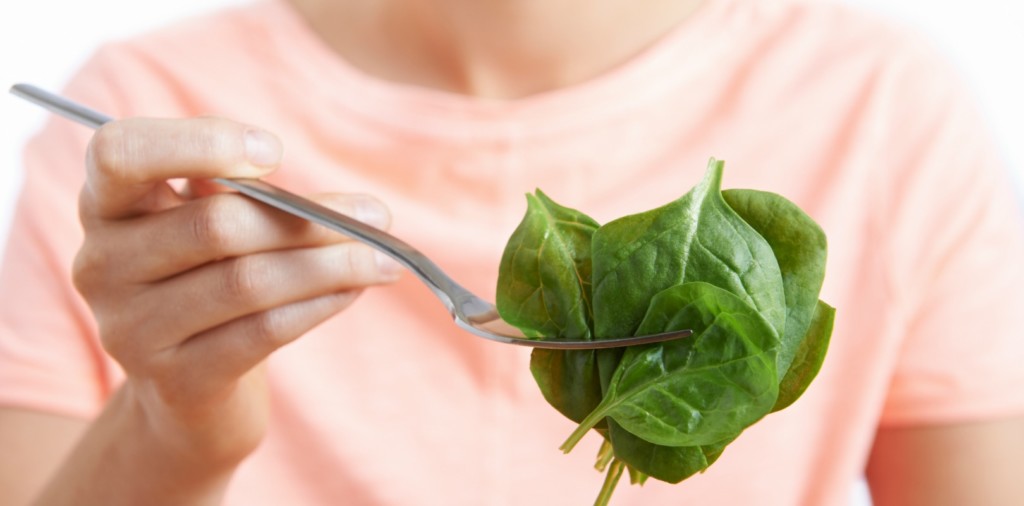
The vegetables are obviously grown without pesticides, unlike those sold in supermarkets in industrialized countries.
Raw goat's milk
Unlike cow's milk, which we have been drinking since we were toddlers, with all the damage that may have caused, Ikarians very often consume milk from cows. goat's milkWhether liquid, cheese or yoghurt.
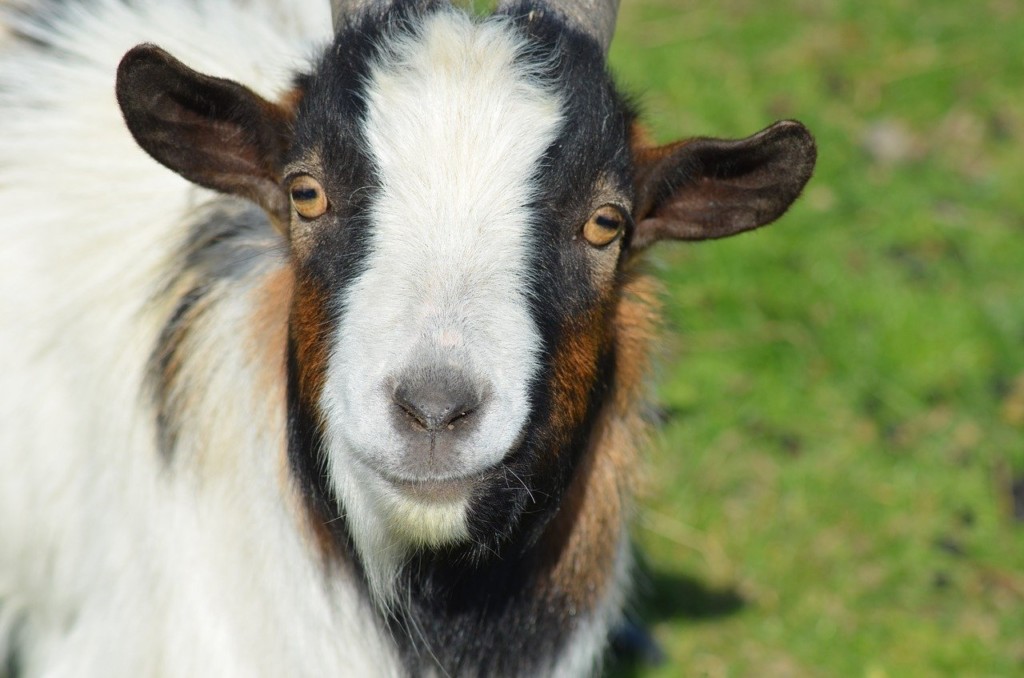
In addition, Icarians only consume raw milknever pasteurized, so rich in probiotics good for the intestinal flora. Feta is also part of their diet.
Pulses
Visit pulses are the cornerstone of the Icarian dietand more generally Mediterranean. Salted lupin seeds, broad beans, chickpeas, corns, lentils, beans...
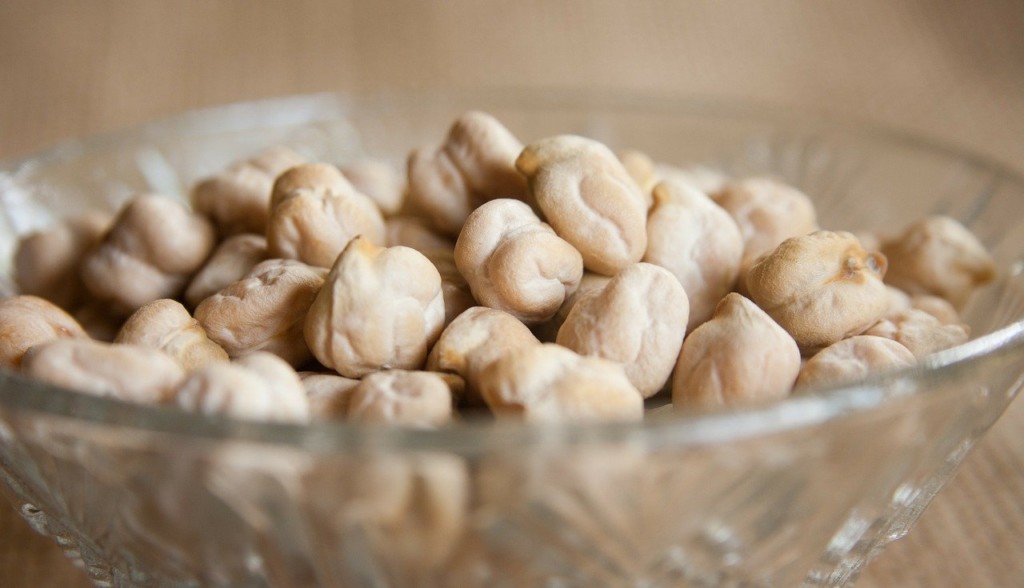
If there are carbohydrates which are unanimously considered to be good, it's the carbohydrates from legumes that do the trick.
Cereals
On the menu, barley, rye and a little wheat. Here too, the carbohydrates produced by this type of cereals are considered relatively good, unlike the carbohydrates consumed in large cities, often derived from industrial cookies, pasta, bread or sugar.
Olive oil and oilseeds
In addition to goat's milk lipids of the Icarian diet come mainly from olive oil, which is widely consumed, and oilseeds (almonds and walnuts).
Lemons and mushrooms
Icarians consume a lot of energy. mushrooms and love the lemon which they put absolutely everywhere.
Wild or ancestral plants
Take the example of kolokassi (or Jerusalem artichoke). This tuber, whose bulb and leaves are cooked, is highly nutritious and contains inulin, a valuable fiber prebiotic.
The plant grows from October to March near watercourses, and is considered one of the first cultivated plants in human history.
Fish
Octopus and fish are eaten about twice a weekThis may be considered a high frequency compared with the continental populations of major metropolises, but it's a rare consumption when viewed in the context of an island.
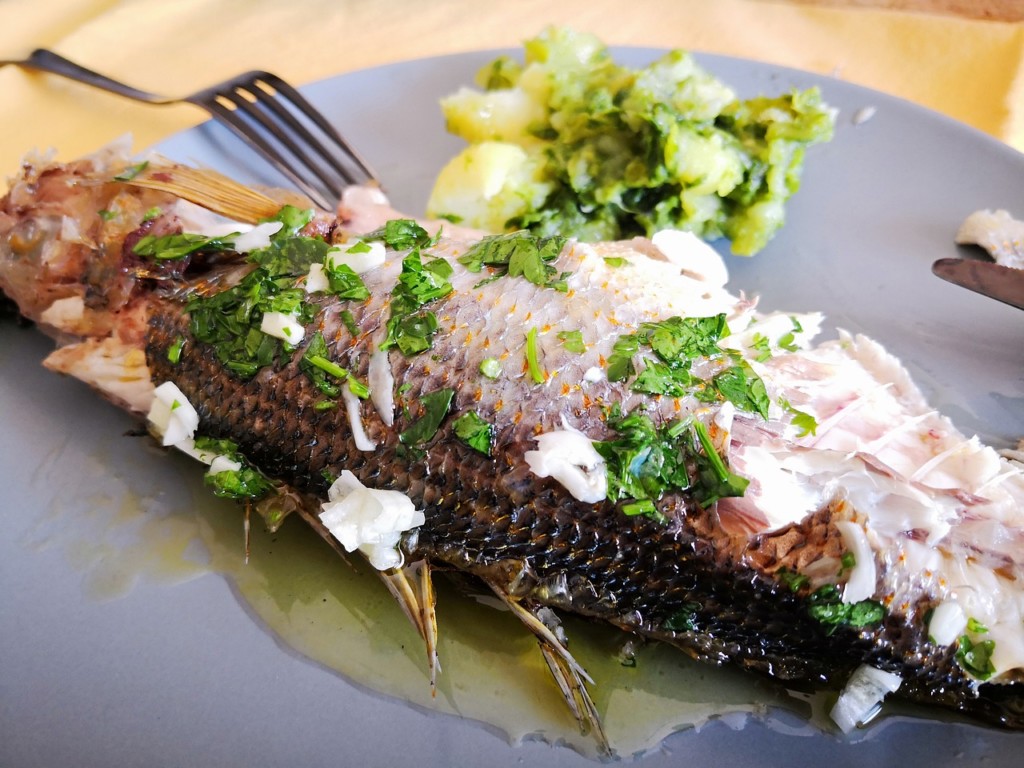
As you'll have gathered, their diet is predominantly plant-based, with fish as a secondary source of animal nutrition.
Finally, meat is reserved for special occasions.
Infusions
Ikarians eat a daily diet of herbal infusions such as wild marjoram, wild mint, sage or rosemary. All these plants are very rich in antioxidants and probably contribute to their longevity. They also drink coffee.
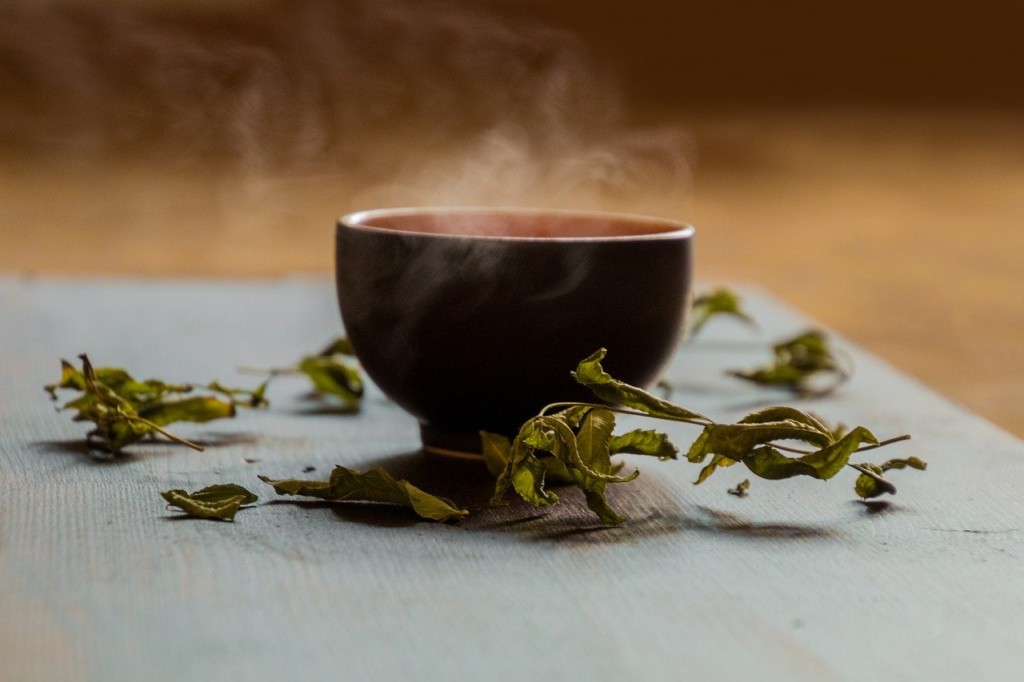
The soil, made up of granite and a high level of radon, is said to have a positive impact on crops, particularly wine, which Icarians love to drink.
Little meat, no white flour, and no sugar
If honey is highly prized, just a spoonful in the morning, for example, white flour and sugar simply don't exist in the traditional diet of the island of Ikaria.
A typical day for an Icarian often starts with goat's milkwine, herbal tea sage or coffee, wholemeal (sourdough) bread and honey.
At lunchtime, it's often lentils and beans, dandelion, fennel and horta salad, and seasonal vegetables from the kitchen garden, topped with olive oil. Dinner can be as simple as wholemeal bread and goat's milk.
Physical activity
If Icarians don't play sports as such, they are always on the move, with moderate, frequent and linear physical activity. No intense, energy-guzzling stress, but tempered daily expenditure, at any age.
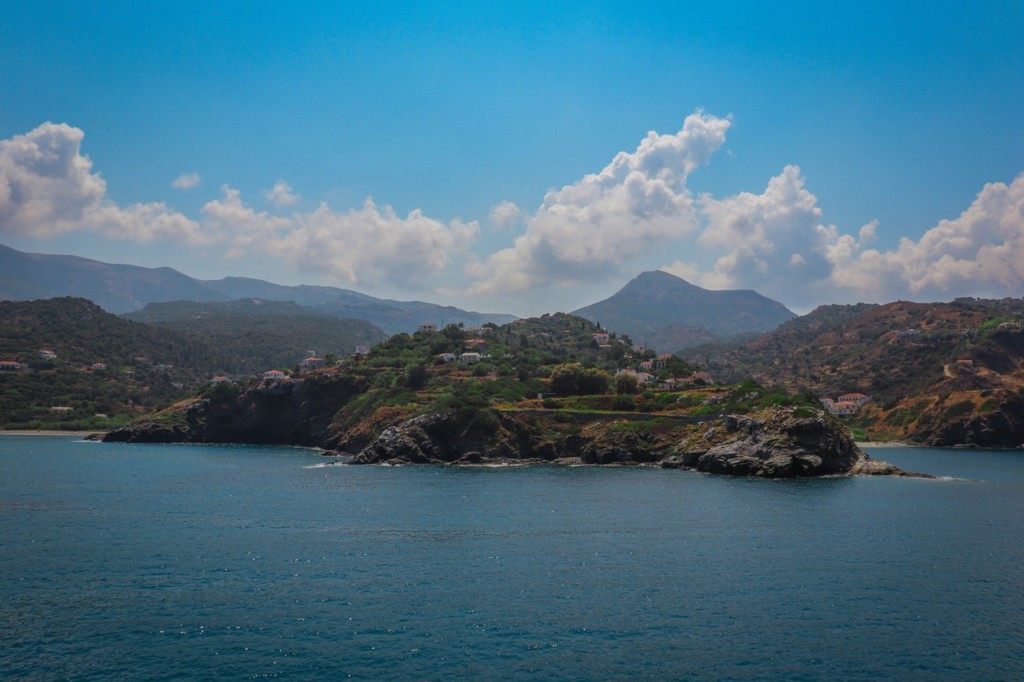
In addition to the very hilly terrain, most of the island's inhabitants cultivate their own vegetable gardens, and many still work in physically demanding occupationswithout really retiring.
Community life
Strong social ties
This is one of the main characteristics of Blue Zones. Gone are the retirement homes for the elderly, they remain part of the community. On the island, there is much less competition than in the world's major cities, and people are relatively zenThis would explain the low rate of mental illness and brain degeneration.
Meaning of life
Mutual aid and the notion of solidarity are important to Ikarians, but not the only ones. Just as in other Blue ZonesIkarians never stop doing something, and are in a way on the last rung of Maslow's Pyramid.
This is how you come across centenarians who are still walking, gardening or sewing. As long as there's a project, there's meaning in life..
No stress
On Ikaria, and more generally in the Blue Zonespeople are not chasing money or success, and they take time to live. Moreover, unlike city dwellers, Icarions have fewer of the problems associated with large metropolises, such as fear of unemployment, insecurity, the illusion of abundant choice, over-consumerism, etc...
This is a community that has often lived in autarky, far from the injunctions of the central government or successive occupations.
Stress is therefore historically an almost unknown sensation.
Siesta and sexuality
Ikarians take a nap every day, and 80% of them claim to make love regularly, even in old age.
Conclusion
In summary, Dr. Christina Chrysohoou, cardiologist at the University of Athens Medical School, found that Ikarians ate six times more legumes (beans, lentils, peas) than AmericansTheir meat consumption was limited to a maximum of five times a month, compared with daily consumption on the American side.
In addition, Ikarians drink a herbal tea every day. made with dried herbs grown on the island: wild marjoram, sage, rosemary, mugwort, dandelion and mint leaves.
Dr. Christina Chrysohoou was also struck by the fact that low animal consumption, and the absence of sugar and white flourWe'll be using oils rich in unsaturated fatty acids, and green vegetables from the garden.
This diet and the "Zen", hedonistic lifestyle could explain why Ikarians live longer than other populations.
Now that the Ikare Island diet holds no secrets for you, I invite you to take a look at the diets of others Blue Zonesafter which we'll draw up a list of all the ingredients common to the Blue Zones, in order to create the ideal diet for human beings!
New: Blooness Accelerated Programs
For quick results if you are looking for
lose fat permanently,
maintain stable energy levels throughout the day,
and prevent chronic diseases.
Immediate access to the Premium Guide + all current and future programs
Limited founding rate – will soon increase to €97
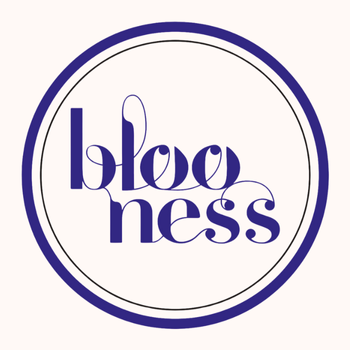
2 Responses
This summary has been a great help in changing my diet a little. I already eat a lot of vegetables and fruit, drink herbal teas and eat a lot of fish but no meat.
Thank you very much
Rick Sanders, you forgot one common factor to all the areas of longevity, and that is high background radiation, due to altitude or volcanoes.
https://21sci-tech.com/Subscriptions/Summer-2009_ONLINE/Research_Communication.pdf